The Best Restorations of 2022
Changing technologies have always made cinema a fluid art form, and in many ways, there is never a concrete version of a film. If you watch a nitrate print of any movie made prior to 1951, it becomes clear that all versions of the movie made afterward (whether standard acetate 35mm prints, television broadcasts, DVDs, Blu-rays, DCPs, or streaming) will be enormously different from the original, because each material records and conveys light, color, and movement differently. The goal, then, when speaking about film restoration, should be transparency and education, rather than re-creation. In other words, explaining the labor behind the process—what work was done, who did it, and the materials that were used.
Below are nine restorations (and two new 35mm prints) that I was l able to see in 2022. These represent what I consider to be some of the best work done this year, in terms of both the actual restoration and efforts to make difficult-to-see films accessible to the public. Following each film title are the available technical specifications of the restoration, as well as the organizations that did the work.
Read all of Film Comment’s Best Films of 2022 lists here.
Frenchman’s Creek Mitchell Leisen, 1944, U.S.
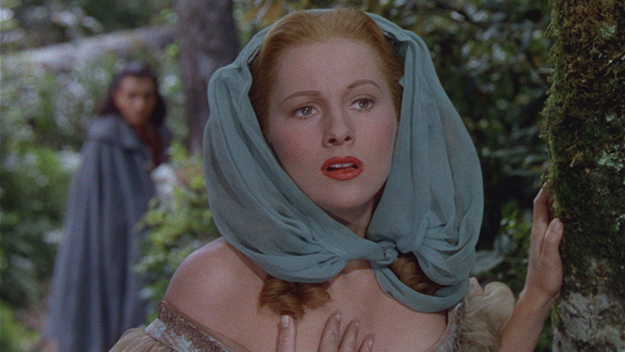
4K digital restoration by Universal Pictures in collaboration with The Film Foundation at NBCUniversal StudioPost laboratory from a 35mm three-strip nitrate original-cut picture negative preserved at UCLA Film and Television Archive. Special thanks to Martin Scorsese and Steven Spielberg for their consultation on this restoration.
My Girlfriend’s Wedding Jim McBride, 1969, U.S.
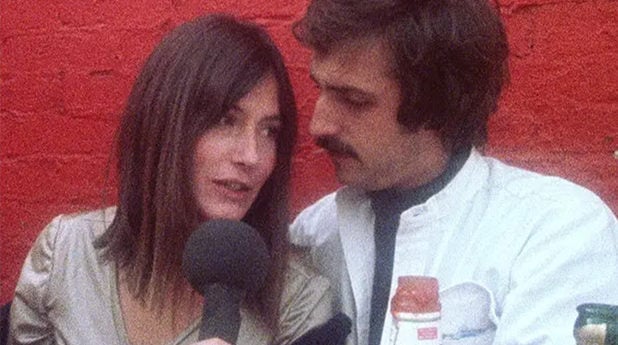
16mm photochemical restoration by Anthology Film Archives with support from the National Film Preservation Foundation. Restored from the original color-reversal A+B Rolls and original optical-track negative. Laboratory services by Colorlab. Sound restoration by Audio Mechanics.
The Films of Edward Owens: Autre fois j’ai aimé une femme, 1966; Tomorrow’s Promise, 1967; Remembrance: A Portrait Study, 1967; Private Imaginings and Narrative Facts, 1968-70; U.S.
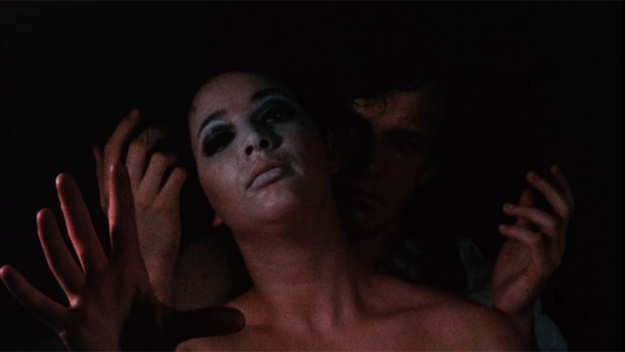
Restored by Chicago Film Society, The New American Cinema Group, Inc./The Film-Makers’ Cooperative, and the John M. Flaxman Library at the School of the Art Institute of Chicago with the support of the National Film Preservation Foundation’s Avant-Garde Masters Grant Program and the Film Foundation. Funding provided by the Hobson/Lucas Family Foundation. BB Optics; Laboratory Services: Colorlab. All films scanned and restored in 4K, with new 16mm negatives and prints from the restored digital masters.
The Long Farewell Kira Muratova, 1971, Soviet Union
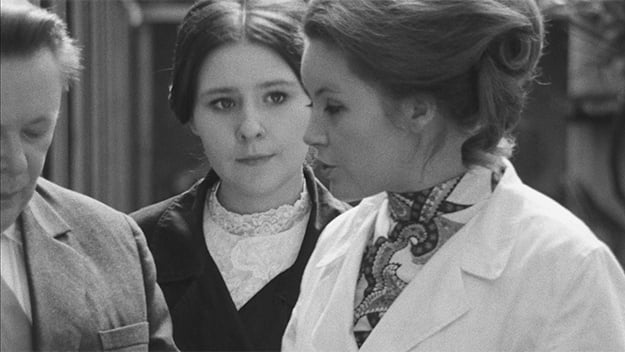
Restored in 4K by STUDIOCANAL in collaboration with The Criterion Collection at L’Immagine Ritrovata/Éclair Classics.
Foolish Wives Erich von Stroheim, 1922, U.S.
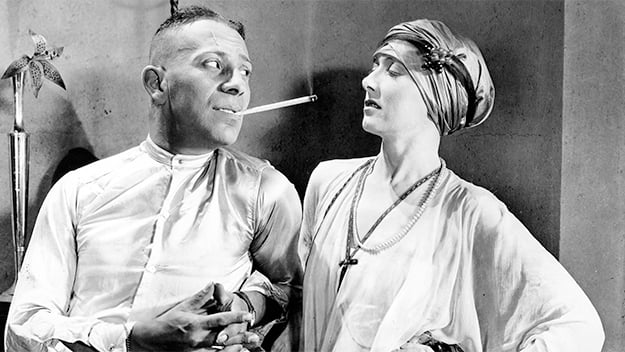
This restoration was completed in July 2020 through a collaboration between The Museum of Modern Art and the San Francisco Silent Film Festival, and is based on the two unique sources known to survive: a tinted 35mm nitrate print in the collection of Film di Fondazione Cineteca Italiana and a 35mm black-and-white print held by MoMA of an unreleased re-edited and re-titled version created by Universal in 1928.
Reconstruction, reproduction of the color tinting and toning, and the re-created titles are based on a wealth of archival sources, including but not limited to an undated eight-reel continuity script, newspaper articles, and accounts from original crew members.
Contras’ City/City of Contrasts Djibril Diop Mambéty, 1968, Senegal
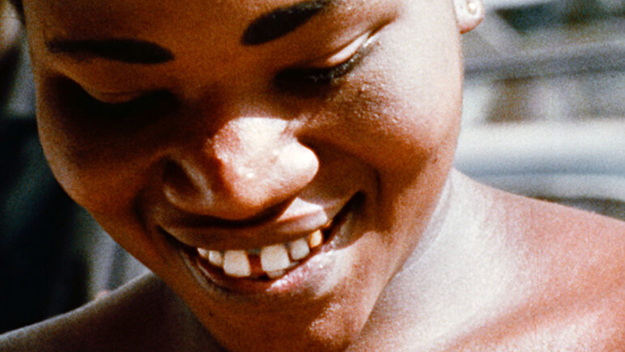
Restored in 2021 by The Film Foundation’s World Cinema Project and Cineteca di Bologna at L’Immagine Ritrovata and L’Image Retrouvée laboratories. The 4K restoration of Contras’ City was made from the internegative as well as the original sound negative provided by Teemour Mambéty and preserved at LTC Patrimoine. A vintage print of the film was used as reference for color grading. This restoration is part of the African Film Heritage Project, an initiative created by The Film Foundation’s World Cinema Project, the Pan African Federation of Filmmakers, and UNESCO, in collaboration with Cineteca di Bologna.
The Mother and the Whore Jean Eustache, 1973, France
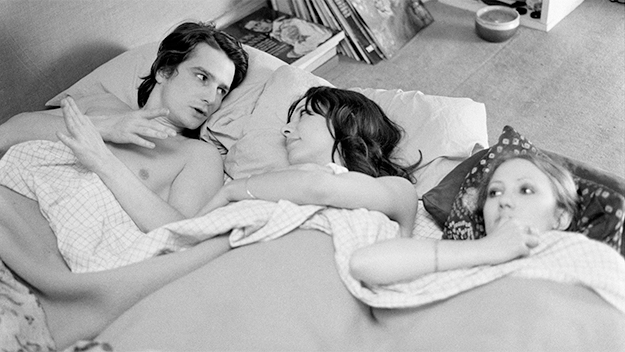
The Mother and the Whore has been restored and remastered in 4K in 2022 by Les Films du Losange with the support of CNC and the participation of La Cinémathèque suisse and of Chanel. Image restoration by L’Immagine Ritrovata/Éclair Classics, supervised by Jacques Besse and Boris Eustache. Sound restoration by Léon Rousseau (L.E. Diapason).
Drylongso Cauleen Smith, 1998, U.S.
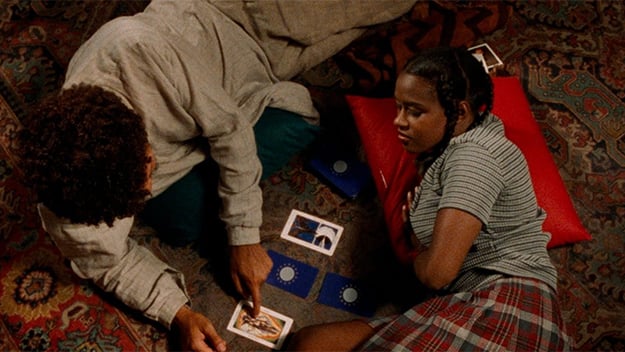
4K restoration undertaken by The Criterion Collection, Janus Films, and The Academy of Motion Picture Arts and Sciences. Supervised by director Cauleen Smith.
Canyon Passage Jacques Tourneur, 1946, U.S.
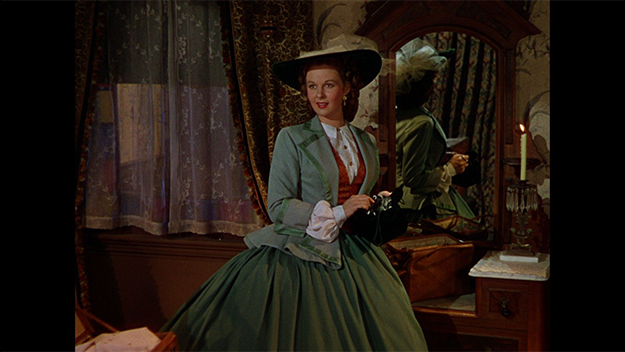
Restored by Universal Pictures in collaboration with The Film Foundation. Special thanks to Martin Scorsese and Steven Spielberg for their consultation on this restoration.
Vengeance is Mine Michael Roemer, 1984, U.S.
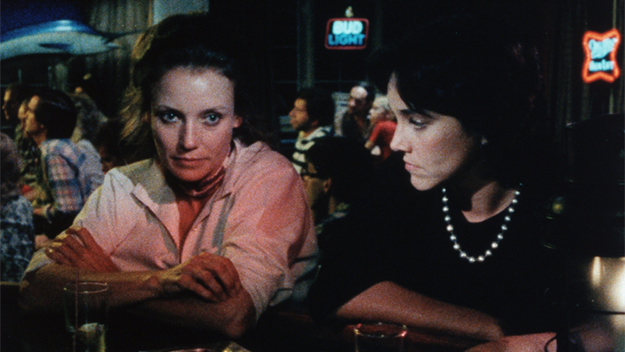
The Conversation Francis Ford Coppola, 1974, U.S.
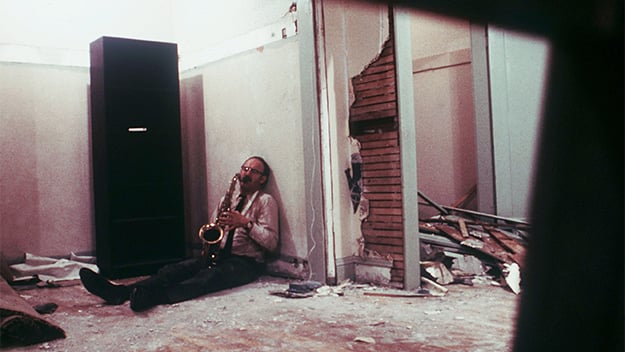
For Vengeance is Mine, a new 35mm print was made from a color-reversal intermediate and a new 4K scan was made from the original 16mm A/B camera negatives at Colorlab. For The Conversation, a new 35mm print was made and personally supervised by Francis Ford Coppola. While not technically restorations, this kind of work—making new screening materials, specifically 35mm prints, from existing elements—is equally vital to a healthy film culture.
Gina Telaroli is a filmmaker, writer, and archivist.







